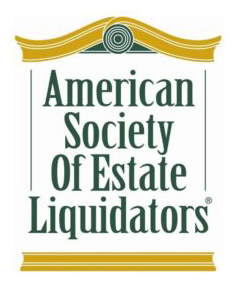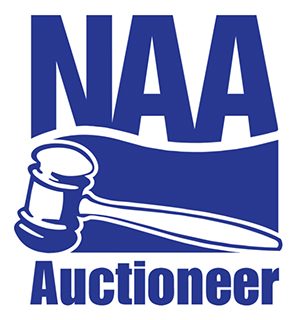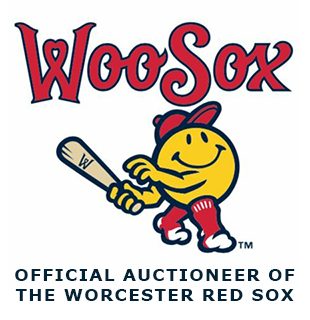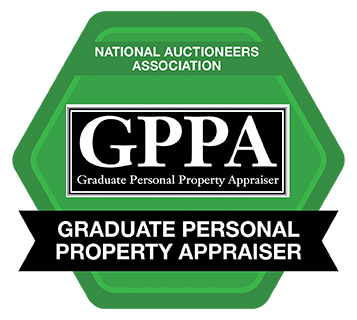You may be fascinated by the medical antique you own, or at least fascinated to know what it can get at auction, but if you try to sell it yourself you’ll probably bleed money. It is difficult to know whether your item is valuable to a collector, or just old. It is even harder to find that collector (who is unlikely to spend much time on sites like eBay). If you’ve got a piece that a surgeon or other practitioner of medicine may have uses, Central Mass Auctions can help you sell it for the most at auction. Contact us today or read on to find out more about medical antiques.
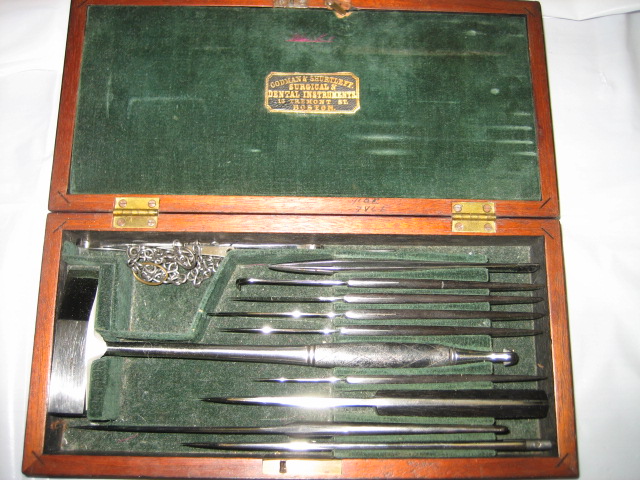
Codman & Shurtoff dental kit sold for close to $1,800 at one of our Brookline auctions
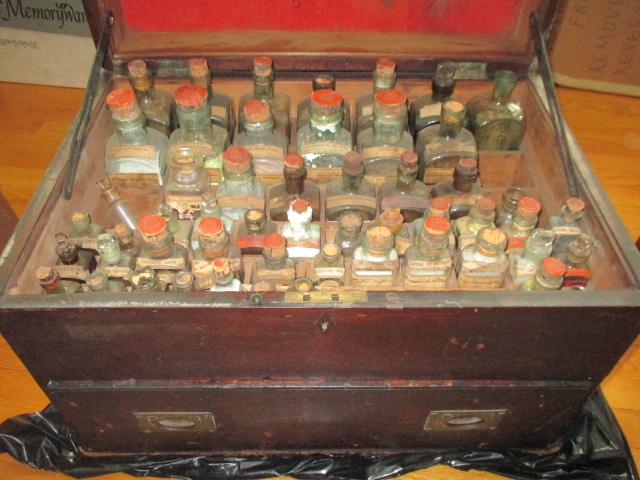
SS Rita Spanish-American War medicine chest – sold for $920
What’s considered a medical antique?
The older it is, the less “medical” it may seem. Like most of history, the history of medicine is gory. From medieval times through the late 1700’s barbers also acted as surgeons. Barber-surgeons lacked training and many were even illiterate. Prevailing thought was that there were “humour” in the body consisting of blood, phlegm, black bile and yellow bile. The humours needed to be in balance. An excess of blood was thought to be the source of maladies from fevers to headaches. Bloodletting was a common practice of the time and barbers had the razors and other tools to “cure” their patients of this “excess blood”. Barber-surgeons not only performed bloodletting but lanced boils, pulled teeth and even performed amputations. The red-and-white striped barber poles with which we are familiar originated with barber-surgeons who hung bandages before and after use around a pole. In any event, any item used by surgeons (licensed or de facto) from the 18th Century or before may be valuable, depending on its condition, story, and rarity.
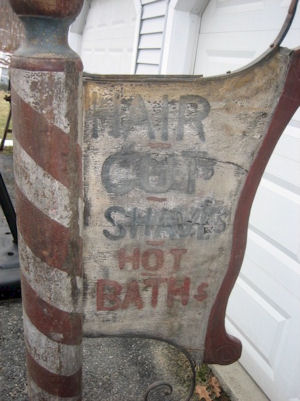
Folk art barber pole & sign brought nearly $1,900 at auction
The US Civil War brought horrific injuries on an daily scale basis and so the medic’s tent held many instruments that saw constant use. The National Library of Medicine states, “Although the exact number is not known, approximately 60,000 surgeries, about three quarters of all of the operations performed during the war, were amputations.” Minnie balls, from Civil War rifles, often resulted in shattered bones because of the round, blunt nature of the projectile. Infection was always a risk, and amputation lessened the risk of an infection which might have resulted in death. Soldiers often suffered through the surgery without the benefit of anesthesia. Some Civil War doctors became so practiced at amputating limbs that they could perform the operation in less than 2 minutes.
Medical items from the past are collected by doctors who enjoy the history of their craft, as well as by other history buffs. Civil War collectors may also seek surgical kits and other items used by doctors during the war. The kits are most desirable when they are in the original velvet lined box. The boxes have slots fitted for the shape of all of the instruments. Some of the instruments in a typical kit are scalpels, forceps, amputation knives and saws.
Other sought-after medical antiques are apothecary bottles and jars, brass medical microscopes, medical photographs, medical advertising broadsides, posters, and quack medical devices. Quack devices often contained ultraviolet lights that were touted to cure everything from constipation to paralysis.
When you think about the pain, danger and lack of knowledge involved with medicine in the past, your next visit with your dentist or doctor might seem more mellow and almost enjoyable.
Contact Central Mass Auctions for an appraisal
We can help you sell your medical collectibles for more than you’d get on eBay or Craigslist or with most other auctioneers or auction houses. The first step is an appraisal. We work with clients throughout New England. You can contact us to get started.

